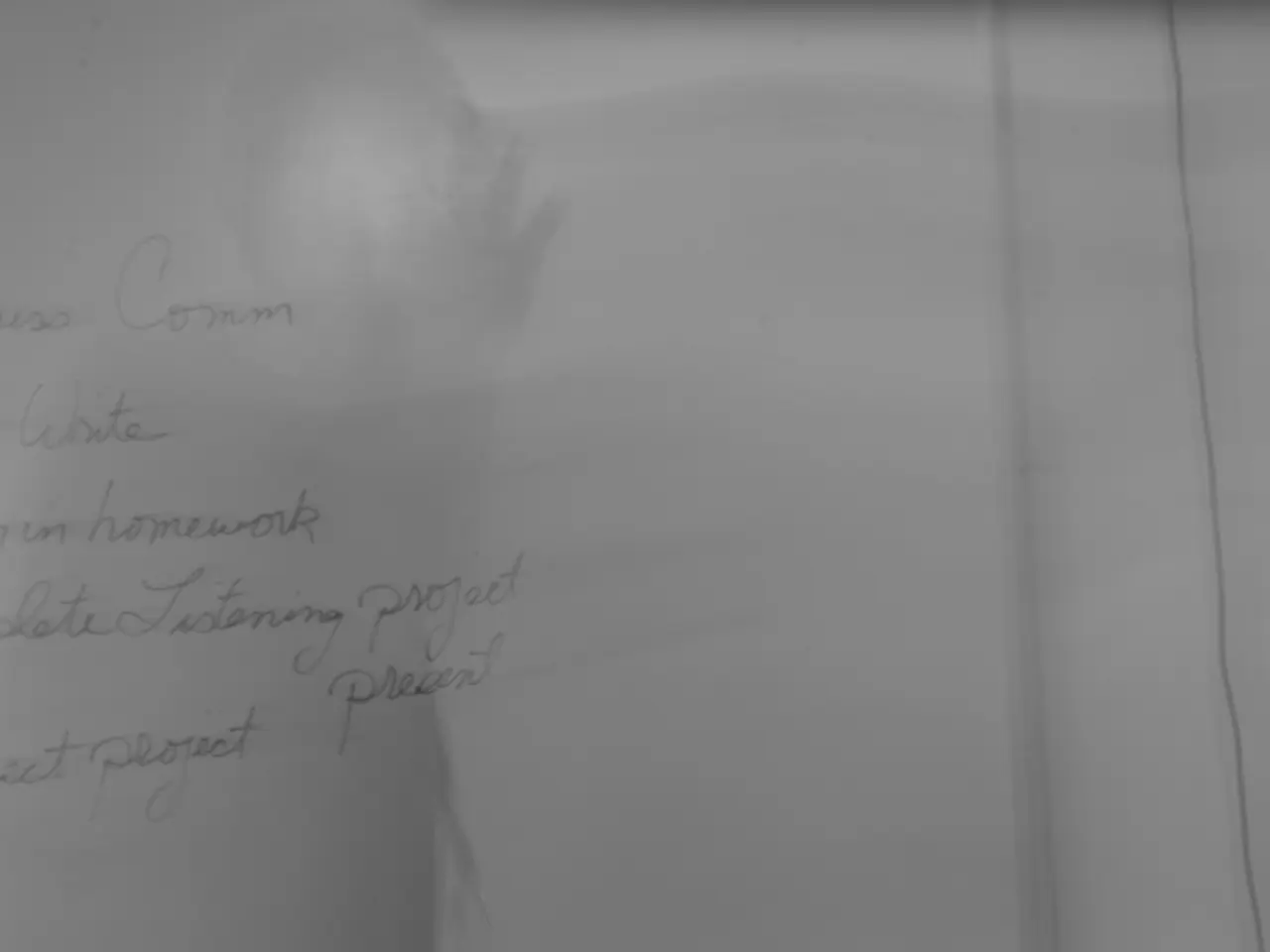Rural areas in Bavaria question the viability of the Germany Ticket initiative - Bavarian districts express concerns about Germany's ticket's long-term future
As the end of 2025 approaches, the future financing of the Germany Ticket remains uncertain, with no confirmed permanent deal in sight as of August 2025 [1]. The joint federal-state temporary financing scheme, which currently funds the popular ticket at a monthly price of €58, was initially planned to last only until the end of 2025 [1].
The latest concrete information, as of July 2025, indicates that the federal and state governments are jointly financing the Deutschlandticket with €1.5 billion annually [1]. However, no direct information from July or August 2025 indicates that negotiations have concluded or that a permanent funding arrangement has been agreed upon.
Both the federal government (Bund) and the German federal states (Länder), including Bavaria, participate in financing this ticket [1]. The financing in the Regionalization Act is only fixed for 2025. As the negotiations progress, further updates are expected closer to or after the end of this year.
The bill does not specify how additional costs for transport companies beyond the €3 billion provided by the federal government and the states will be covered. Bavarian municipalities question the sustainability of the Germany Ticket's financing, with CSU politician Franz Löffler viewing the bill as a "grave for the Germany Ticket" [2].
Löffler, the chairman of the committee for economy and traffic at the Bavarian Association of Local Authorities, suggests that the billions earmarked for the Germany Ticket would be better invested in the expansion of offers and infrastructure [2]. Thomas Karmasin, association president, states that the funds allocated do not cover the additional costs for transport companies [3].
If no agreement is reached, a renewed price increase for the Germany Ticket threatens [4]. Löffler criticizes the lack of reliable financing promises and instead sees only "vague hopes and cold shoulders" [4]. The federal government plans to contribute an additional €1.5 billion euros to the Germany Ticket's financing next year [5].
The Germany Ticket is a plan proposed by the federal government for continued operation [5]. Both the federal government and many states have referred to a tense budget situation [6]. The regions cannot bear an additional deficit [6]. The federal government and the states are currently negotiating about the financing of the additional costs [6].
Sources:
- Deutschlandticket: Gesamtkosten von 3 Milliarden Euro
- Franz Löffler: Deutschlandticket-Gesetz ein Grab für das Deutschlandticket
- Kritik an Deutschlandticket-Gesetz: Verbilligung des Deutschlandtickets droht
- Franz Löffler: Deutschlandticket-Gesetz ein Grab für das Deutschlandticket
- Bundestag beschließt Deutschlandticket-Gesetz
- Deutschlandticket-Gesetz: Bayerische Kommunen kritisieren Finanzierung
- Amid ongoing negotiations, the future financing of the Germany Ticket beyond 2025 remains uncertain, with no permanent deal confirmed as of August 2025.
- The current joint federal-state financing arrangement, funding the Germany Ticket at a monthly price of €58, is set to expire at the end of 2025, as specified in the Regionalization Act.
- Various stakeholders, such as Bavarian municipalities and CSU politician Franz Löffler, question the sustainability of the Germany Ticket's financing and suggest that the billions earmarked could be better invested in expanding transport offers and infrastructure.
- If no agreement is reached, a potential renewed price increase for the Germany Ticket threatens, a concern expressed by critics like Löffler who criticizes the lack of reliable financing promises.




